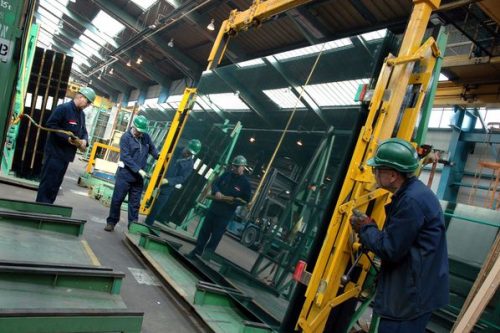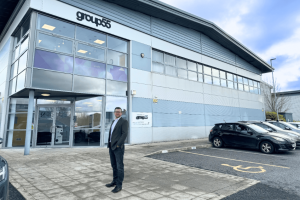Glass group’s fortunes improve, despite problems in automotive sector

Nippon Sheet Glass, the parent of St Helens glass maker Pilkington, reported improved first half results today, although its performance was impacted by computer chip shortages in the automotive sector.
The group posted a 31% increase in sales in the period from April 1, to September 30, of £1.9bn, compared with £1.45bn the same time last year. It said COVID-19-related lockdowns had a particularly significant impact on revenues during the first quarter of the previous year.
Pre-tax profits of £96.49m compared with a pre-tax loss of £104.65m the previous year.
The group is predicting full year revenues of £3.67bn, and a pre-tax profit of £124m.
NSG said its markets experienced varied conditions second quarter of the year.
Architectural glass markets were generally strong with buoyant levels of construction and refurbishment activity across many regions.
Demand for solar energy glass was also positive.
In addition, technical glass markets also benefitted from high levels of consumer demand in a variety of areas.
Automotive markets, however, were increasingly weak, with a shortage of computer chip components causing the group’s large automotive customers to restrict production.
Architectural, representing 46% of cumulative revenues, includes the manufacture and sale of flat glass and various interior and exterior glazing products within the commercial and residential markets. It also includes glass for the solar energy sector.
Automotive, with 47% of cumulative revenues, supplies a wide range of automotive glazing for new vehicles and for replacement markets.
Technical Glass, representing seven per cent of cumulative revenues, comprises several discreet businesses, including the manufacture and sale of very thin glass used as cover glass for displays, lenses and light guides for printers, and glass fibre components for engine timing belts.
Other operations include corporate costs, consolidation adjustments, certain small businesses not included in the segments covered, and the amortisation of other intangible assets related to the acquisition of Pilkington.








